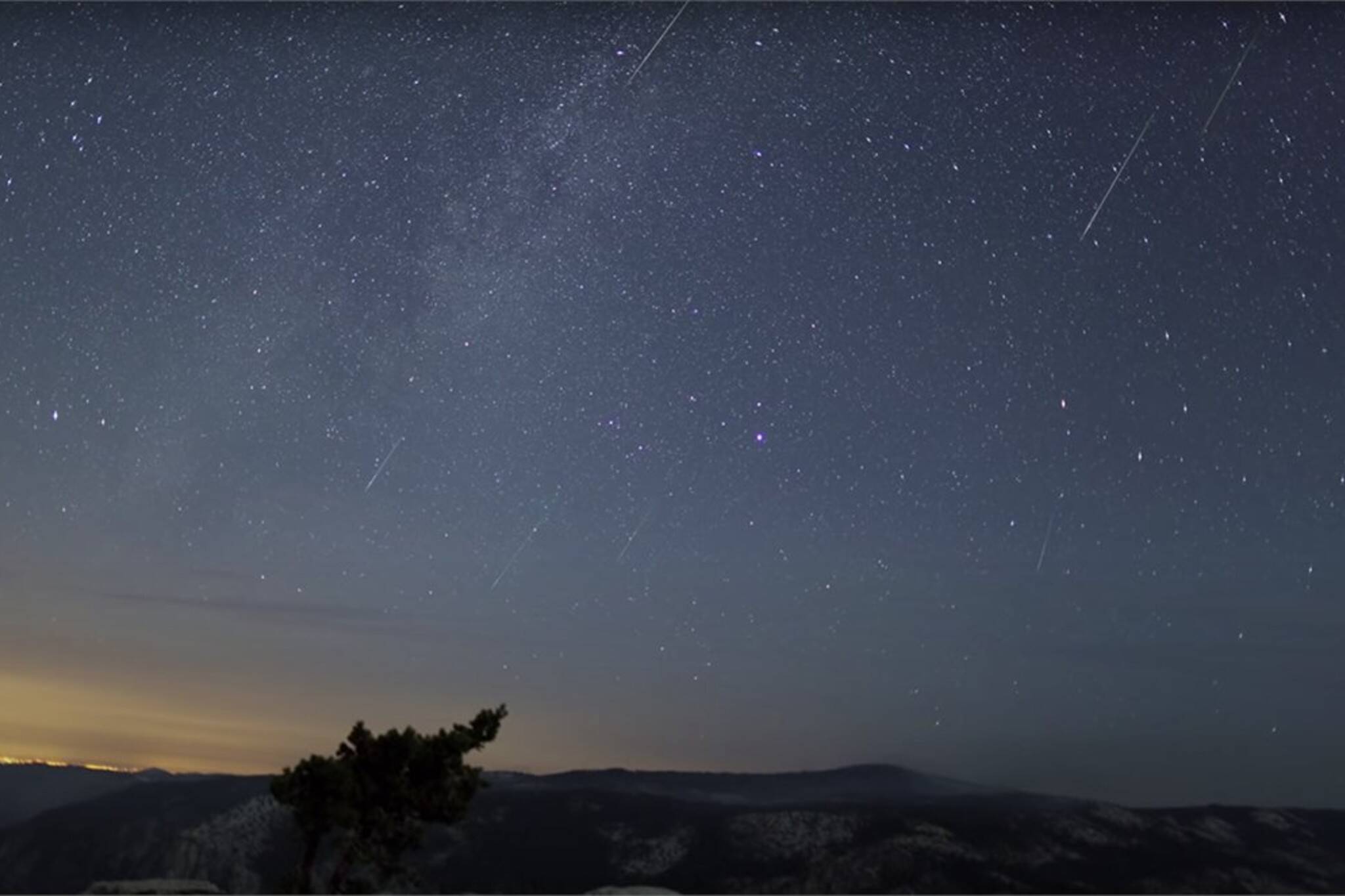
This is how to watch the Perseid meteor shower from Toronto during its peak this week
The Perseid meteor shower is considered to be the most spectacular of the year thanks to its "very fast and bright meteors," according to NASA, and Toronto residents will be able to catch a glimpse of the phenomenon during its peak later this week.
The Perseid meteor shower is visible in the Northern Hemisphere every year from mid-July to the end of August, but its expected to reach its peak on the the night of Aug. 11 and 12 this year.
Time to wish upon a star. The annual Perseid meteor shower will peak on August 12. The best time to look is in the pre-dawn hours, but midnight to dawn any morning the week before or after should produce a few meteors, including the occasional "fireball." https://t.co/HTlEpYJJqp pic.twitter.com/ZZgC2aj9vC
— NASA JPL (@NASAJPL) August 8, 2020
"Perseids frequently leave long 'wakes' of light and colour behind them as they streak through Earth's atmosphere," according to NASA.
"The Perseids are one of the most plentiful showers (50-100 meteors seen per hour) and occur with warm summer nighttime weather, allowing sky watchers to easily view them."
Perseids are also reportedly known for their fireballs, according to the space agency, which are larger explosions of light and colour that tend to persist longer than an average meteor streak.
Just saw an obvious Perseid over Toronto, roughly East. Probably qualifies as a fireball; definitely much brighter than Jupiter. A little bit orange, visible about a half second, and covering maybe 25 degrees.
— Enter your real name (@vickersty) August 10, 2020
On top of all this, they're known to travel incredibly fast — at a speed of about 59 km per second.
The Canadian Space Agency says anyone interested in viewing the meteor shower on Tuesday night should look up at the sky between moonset and dawn to see the most amount of meteors possible.
Next few mornings … Perseids peaking ☄️
— EarthSky (@earthskyscience) August 10, 2020
In 2020, the peak morning of the Perseid meteor shower is most likely August 12, under a waning crescent moon. The mornings of August 11 and 13 are worth trying, too. Read more: https://t.co/MRkjaJMZFR 👓
Image via John Ashley. 📸 pic.twitter.com/ORbh9CkFgX
The agency also recommends heading away from city lights in search of dark skies in the countryside in order to find the best possible view.
Lying down on a reclining chair or blanket and using a flashlight with a red filter over the bulb will also reportedly help with meteor hunting, as observing the stars lying down allows you to see more and using white light could affect your night vision.
Don't forget the Perseid #meteorshower has started and will continue through August 24th! ☄️
— Latest in space (@latestinspace) August 9, 2020
Peak is on the 11th and 12th, 75 meteors/hour. pic.twitter.com/MA0bnLN13t
"Comet 109P/Swift–Tuttle causes this remarkable phenomenon. It orbits the sun, leaving a trail of dust and gravel in its path," says the Canadian Space Agency of what causes the Perseids.
"Every summer, the Earth crosses the comet's orbital path and passes through its trail of debris. That debris becomes meteors as it disintegrates in our atmosphere and generates impressive flashes of light!"
Latest Videos
Latest Videos
Join the conversation Load comments







